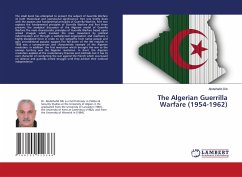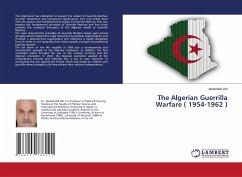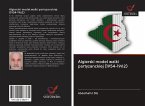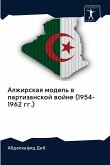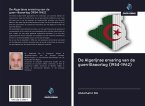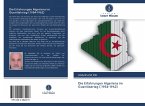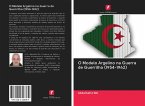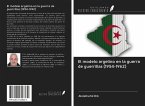The small book has attempted to present the subject of Guerrilla Warfare its both theoretical and operational significances. Part one briefly deals with the aspects and fundamental principles of Guerrilla Warfare, Part two explains the fundamental principles of Guerrilla Warfare and Part three presents the analytical discussion of the Algerian model of Guerrilla Warfare.The main characteristic principles of Guerrilla Warfare based upon armed struggle which involved the mass movement by political indoctrination and through a well-planned organization and maintains a highly disciplined force in order to win sympathy from native people and gain unconditional popular support.The fall down of the 4th republic in 1958 was a consequences and characteristic example of the Algerian revolution. in addition, the first revolution which brought the war to the enemys territory was the Algerian revolution. In short, the Algerian revolution applied all the revolutionary theories and methods but it has its own character of conducting the war against the French which was based on violence and guerrilla armed struggle until they achieve their national independence.
Bitte wählen Sie Ihr Anliegen aus.
Rechnungen
Retourenschein anfordern
Bestellstatus
Storno

